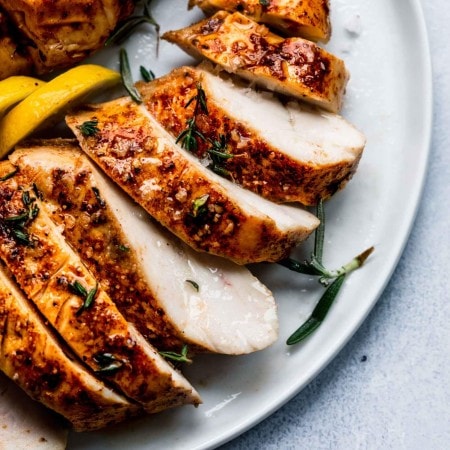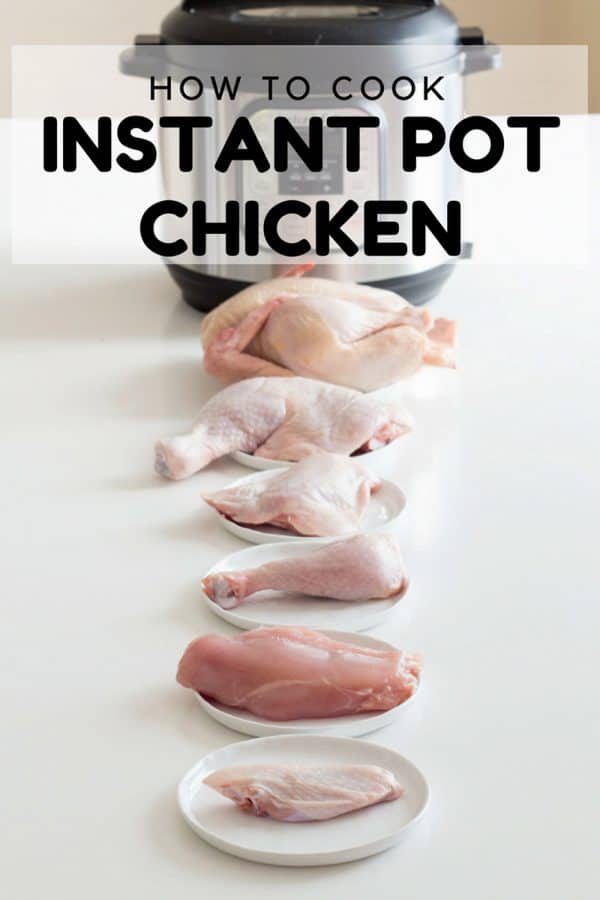
How Long Can You Leave a Cooked Chicken Out?
The aroma of succulent, cooked chicken fills the air, tempting us to savor its delectable taste. However, proper food handling is paramount to prevent the growth of bacteria and ensure our safety. One burning question arises: how long can we leave a cooked chicken out before it becomes unsafe to consume?
The golden rule is to refrigerate cooked chicken within two hours of cooking. This is especially crucial during hot weather conditions, where the risk of bacterial growth increases exponentially. Leaving cooked chicken at room temperature creates an ideal environment for harmful bacteria to flourish, potentially leading to foodborne illnesses.
Understanding the Danger Zone
The danger zone refers to temperatures between 40°F (4°C) and 140°F (60°C), which provide optimal conditions for bacteria to thrive and multiply rapidly. Cooked chicken left within this temperature range for an extended time becomes a breeding ground for these harmful microorganisms.
Common bacteria that contaminate cooked chicken include:
- Salmonella
- Campylobacter
- Staphylococcus aureus
These bacteria can cause a range of symptoms, including food poisoning, dehydration, and even more severe health complications in vulnerable populations.
Refrigeration and Beyond
To ensure the safety of cooked chicken, refrigerate it promptly within two hours of cooking. This will slow down bacterial growth and extend the shelf life of the chicken to 3-4 days. However, it’s important to note that refrigerated cooked chicken should not be consumed beyond this duration.
If you’re unsure whether cooked chicken has been out for too long, discard it immediately to avoid any potential health risks. It’s better to err on the side of caution and prioritize food safety.
Tips and Expert Advice
To ensure the longevity and safety of cooked chicken, follow these tips:
- Cool chicken rapidly: Cut or shred the cooked chicken into smaller pieces to facilitate faster cooling.
- Use shallow containers: Store cooked chicken in shallow containers to maximize air circulation and promote even cooling.
- Freeze for long-term storage: If you won’t be consuming the cooked chicken within 3-4 days, freeze it immediately to preserve its quality and safety.
Expert advice from food safety organizations like the USDA (United States Department of Agriculture) emphasizes the importance of following proper food handling practices. These guidelines are designed to safeguard public health and prevent foodborne illnesses.
Frequently Asked Questions (FAQs)
Q: How can I tell if cooked chicken has gone bad?
A: Discard cooked chicken if it has an off odor, slimy texture, or has been out at room temperature for more than two hours.
Q: Can I reheat cooked chicken?
A: Yes, cooked chicken can be reheated safely by ensuring it reaches an internal temperature of 165°F (74°C).
Q: How long can I keep cooked chicken in the freezer?
A: Cooked chicken can be stored in the freezer for up to 4 months.
Conclusion
Understanding how long cooked chicken can be left out is crucial for ensuring food safety and preventing foodborne illnesses. The key takeaway is to refrigerate cooked chicken within two hours of cooking and consume it within 3-4 days. By adhering to proper food handling practices, we can enjoy the delights of cooked chicken without compromising our health.
Would you like to learn more about food safety and the importance of proper food handling?

Image: greenhealthycooking.com

Image: spendwithpennies.com
How To Make Tender Poached Chicken – Once Upon a Chef Apr 1, 2022Cooked chicken should not be left out for extended amounts of time. A good rule of thumb is to leave the cooked chicken out for no more than two hours before it goes bad. Unfortunately, if your cooked chicken has been at room temperature, between 40°F (4.4°C), and 90°F (32.2°C), it should be tossed out.